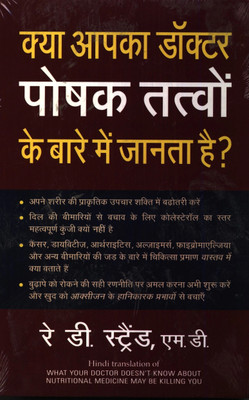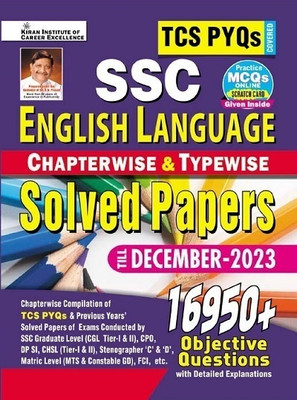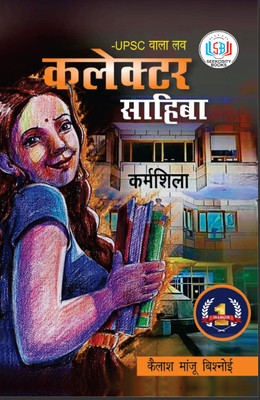
Share
UNCONVENTIONAL CAREER CHOICES (English, Paperback, Dr. Paresh C. Dave)
Be the first to Review this product
Special price
₹275
Coupons for you
T&C
Available offers
T&C
T&C
T&C
T&C
Delivery
Check
Enter pincode
Delivery by11 Nov, Tuesday
?
View Details
Highlights
- Language: English
- Binding: Paperback
- Publisher: Notion press
- ISBN: 9781647839413, 9781647839413
- Edition: 1, 2020
- Pages: 112
Services
- Cash on Delivery available?
Seller
Description
Unemployment is a situation in which able-bodied people who are looking for a job cannot find a job. Lower unemployment rate for any country is a matter of concern for any country’s economic condition. The 21st century has made us witness tremendous spurts in a major number of lucrative career options. Along with rapid upgradations and rising demands in the technology sector, another field has managed to earn a spot amongst these that is the Intellectual Property Rights (IPR) field. IPR has grown rapidly in the past few years. The vast changes in innovations and the market globalizations have resulted in changes in how the market players use IP rights. Fortune 500 companies have a good budget for research and development purposes which spend a lot on patents. One of the major reasons to work in IPR is that you can have an international exposure while working in your basic field of interest. Another reason is that a career in the IP industry has rapid growth, with an experience of only a couple of years a professional can expect lucrative annual package.
Read More
Specifications
Book Details
| Publication Year |
|
Contributors
| Author Info |
|
Be the first to ask about this product
Safe and Secure Payments.Easy returns.100% Authentic products.
Back to top






